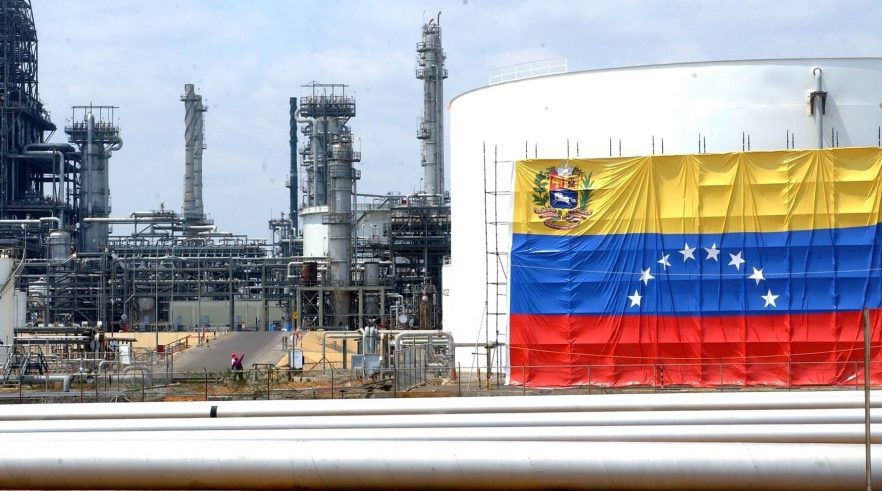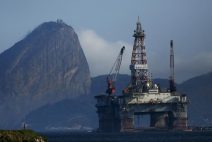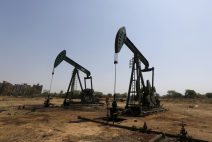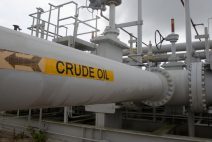Venezuela’s state-run oil company Petroleos de Venezuela plans to halt onshore crude output at a key joint venture in the western region, according to Reuters.
The plan to shut wells at the onshore portions of the Lagunillas and Bachaquero fields near Lake Maracaibo, part of the Petrozamora joint venture between PDVSA and GPB Global Resources BV, is due to a lack of available storage space as inventories mount due to a drop in exports, the document said.
The halt in production is the latest consequence of an escalation in US sanctions on PDVSA, part of Washington’s effort to oust socialist President Nicolas Maduro. The OPEC nation’s exports fell to a 17-year low in May of less than 500,000 barrels per day as sanctions spooked buyers.
The administration of President Donald Trump is considering blacklisting dozens of tankers that did business with Venezuela, and this month two tankers that had been sailing toward the South American country to load with crude have abruptly turned around.
Without tankers willing to take oil out of the country, onshore inventories are rising, prompting PDVSA to cut output in other projects last month. Just one rig was drilling for oil in Venezuela in May, according to figures published by oil services firm Baker Hughes, the lowest level in decades.
Petrozamora produced more than 70,000 daily barrels as of April, roughly 10% of the country’s overall output, according to PDVSA data seen by Reuters. Bachaquero and Lagunillas contributed around 24,000 barrels per day, with the rest of the output coming from shallow water fields in the lake that will not be halted.
As part of its plan to shut the wells, PDVSA also plans to halt steam injection in the onshore fields, according to the document, part of a program launched in 2012 to boost output from the mature, heavy crude reservoirs. That could complicate future plans to restart output.
PDVSA allocated GPB itself two cargoes of crude for export in March and April - a rare move as the company has had a monopoly on exports for decades - but it has not received any more cargoes since then, internal PDVSA documents show.



















